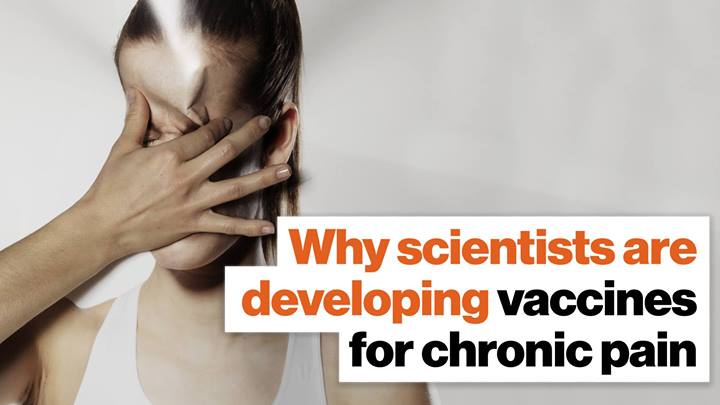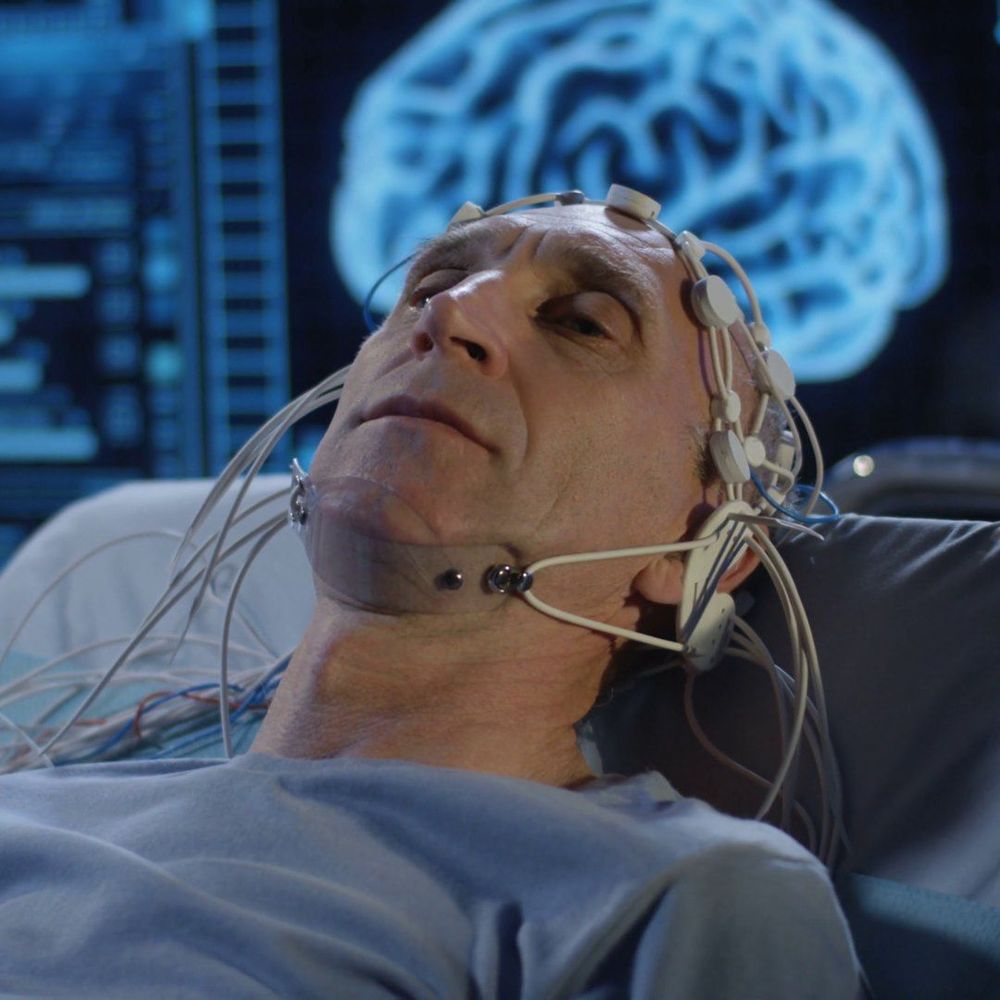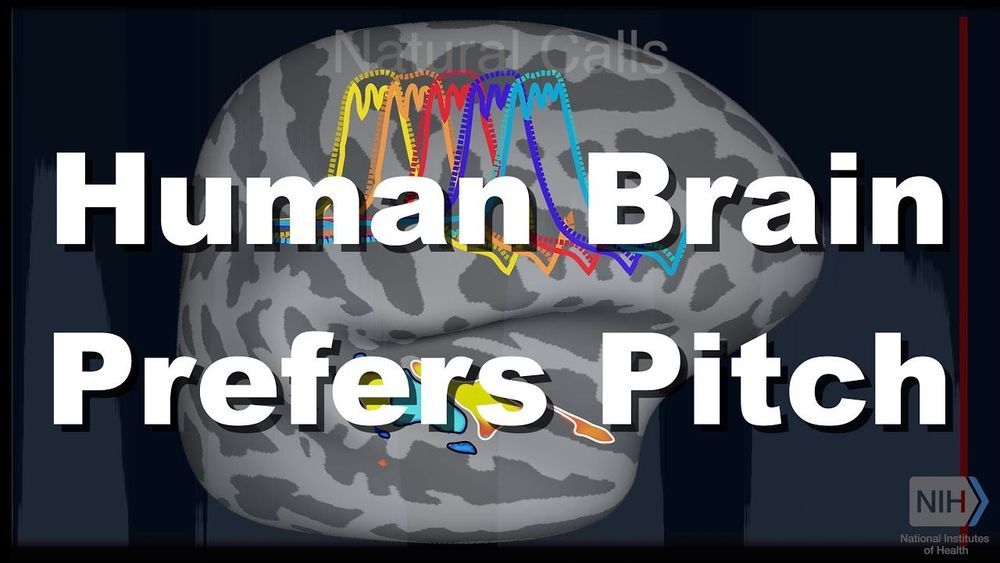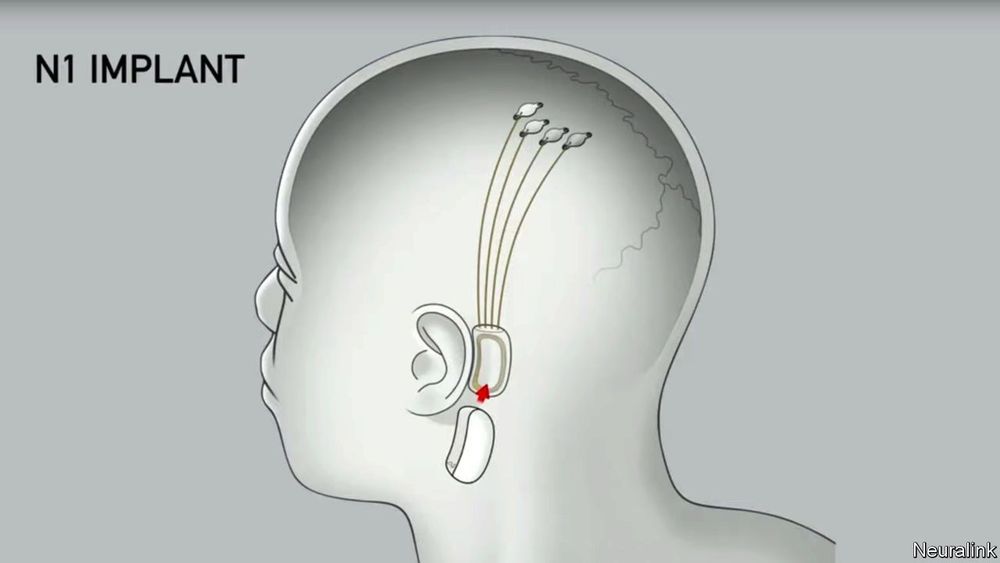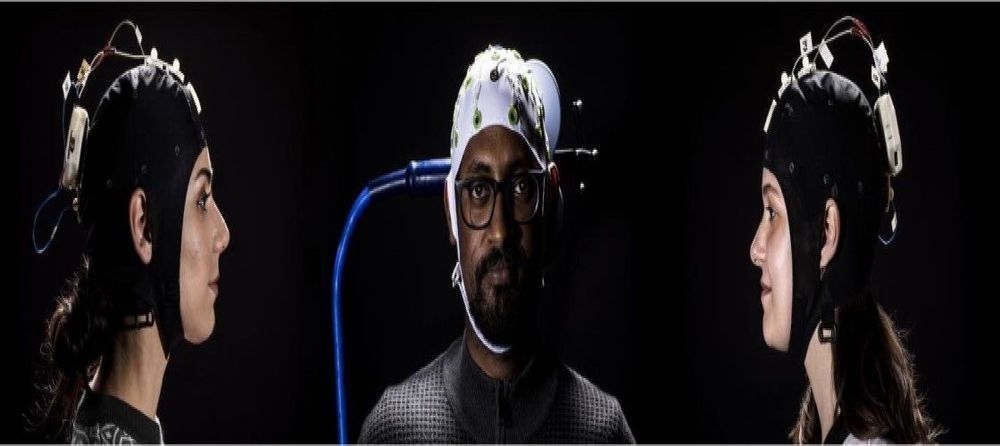It’s not ‘us’ (reasonable people) vs. ‘them’ (irrational conspiracy nuts).
Let’s face it — you love a good conspiracy theory. At least, statistically there is a good chance you do. About half of Americans believe in at least one conspiracy theory in any given year. How could that be? What is it about the regular, everyday reality we don’t like?
A recent study published in Applied Cognitive Psychology says that the answer to this predilection towards conspiracy-fueled thinking may lie in how our brains deal with probabilities. What may be responsible is a general cognitive bias associated with low probabilities. People tend to believe more in conspiratorial explanations of events as the probability of them actually occurring gets lower.
A conspiracy theory offers an alternative explanation for events and how things seem to be in the world around you. No, says a conspiracy theory, just because most people think this is the real state of things (especially politically), that’s not how matters really stand.


